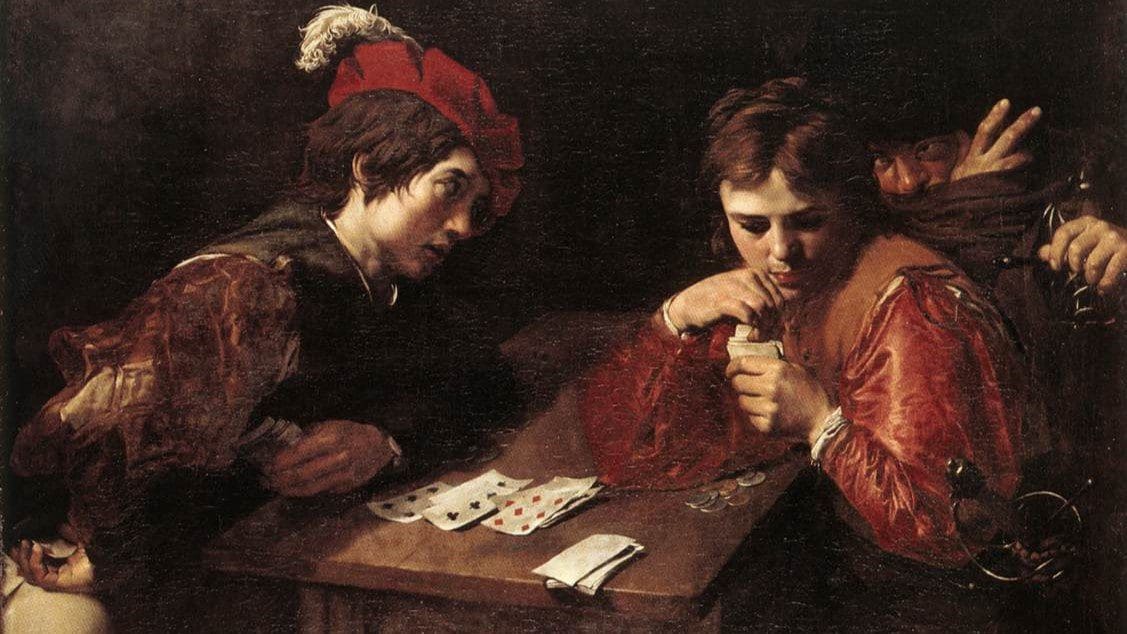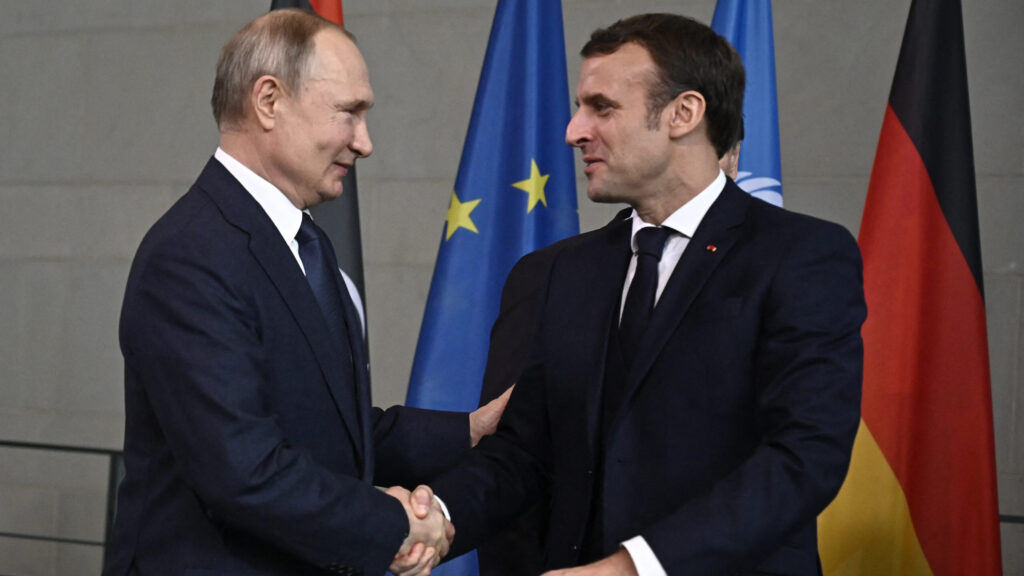Ever since the migration of the concept of the ‘rule of law’ from the exclusive realm of legal academia to the contentious arena of everyday political discourse, it is apparent that the European Commission, under the disguise of its role as the ‘Guardian of the Treaties’ still can be regarded without remorse as a pioneer in political mudslinging. And in the meantime, it employs manipulative tactics to achieve its desired political objectives.
As a Hungarian, reading the Hungary chapter of the European Commission’s report on the rule of law, published in early July, is an incredibly unique experience. However, it has become evident that the bureaucracy in Brussels still views Hungary as an EU member state that can be used to wipe the floor with. How else could the phenomenon of ‘Hungary bashing’ be portrayed? Especially considering that Vera Jourová has just mentioned in private press conferences that
the European Commission is already making preparations to investigate the Hungarian education reform, despite lacking clear authority in this matter.
Reading Hungary report on the rule of law, alongside other country chapters, is an even more remarkable experience that might even elicit a sense of envy. Let’s consider the section on Spain as an example. Spain embodies a quintessential exemplary student in the classroom, governed by a progressive-socialist administration that aligns its policies with the preferences of the Brussels bureaucracy. Moreover, its prime minister is a prominent advocate of Euro-federalism. Could the European Union be in more capable hands than it is currently, especially before the Hungarians assume the presidency?
One can easily answer this rhetorical question in light of the what the Spain chapter says.
According to the country chapter discussing Spain, there is ’no progress on addressing the challenges related to the length of investigations and prosecutions to increase the efficiency in handling high-level corruption cases’. Moreover, ’No further progress [has been achieved] on strengthening the statute of the Prosecutor General, in particular regarding the separation of the terms of office of the Prosecutor General from that of the Government, taking into account European standards on independence and autonomy of the prosecution.’ Furthermore, according to Brussels records, the opinions favourable of the independence of judges stand at 34 per cent among the Spanish populace.
High-level corruption, concerns about the independence of the chief prosecutor, and the autonomy of judges…sounds familiar, doesn’t it? These are recurring topics often associated with Hungary. In fact, the scrutiny and criticism directed towards Hungary by both small and large left-wing international media outlets predominantly revolve around these issues, contributing to what I already mentioned above: ‘Hungary bashing’.
Interestingly, there seems to be no equivalent level of scrutiny directed towards Spain,
despite the fact that the European Commission cannot evade its share of responsibility in this matter. Setting aside the question of the credibility of impression-based opinion polls driven by political motives, it is worth noting that even Spanish judges find fault with the independence of their judiciary…
Many of the aforementioned issues can be primarily attributed to the recurring problem that the European Commission consistently raises with Madrid on a yearly basis. This holds true even in 2022 when the rule of law conditionality procedure was initiated against Hungary. In Spain, the equivalent body to Hungary’s National Judicial Council is the General Council of the Judiciary (Consejo General del Poder Judicial, CGPJ), which has been functioning without a proper mandate for several years.
The progressive-socialist government of Pedro Sánchez has resorted to politically motivated measures to fill this legislative gap, which can be easily deemed unacceptable according to the standards of the rule of law.
All of these developments effortlessly pass through the European Commission’s filter, like a hot knife through butter. What’s more, the Brussels body goes as far as throwing a lifebelt to Sánchez, who is in the midst of a re-election battle, by conveniently shifting the blame for the unlawful circumstances onto the conservative opposition in Spain.
Undoubtedly, within the country chapter dedicated to Spain, the rapporteurs of the European Commission depict the embarrassing situation at hand; but in the attached footnote,
they attempt to rationalise the exlex situation with the following: ‘On that day the main opposition party decided to suspend negotiations.’
However, what they failed to disclose to the public is that this action was prompted by the socialists’ submission of a series of highly objectionable bills to the parliament. The package passed by the Senate scraps the crime of sedition, replacing it with public disorder and reduces sentences for some embezzlement convictions.
Now, let’s take a moment to delve into the EU regulation concerning the rule of law conditionality procedure, which states the following:
‘Appropriate measures shall be taken where it is established in accordance with Article 6 that breaches of the principles of the rule of law in a Member State affect or seriously risk affecting the sound financial management of the Union budget or the protection of the financial interests of the Union in a sufficiently direct way.’
Hungary remains subject to the rule of law conditionality procedure and has yet to receive any funds from the suspended amounts. Meanwhile,
Spain conveniently falls within the extensive blind spot, spanning at least 504,782 square kilometres, of the current rule-of-law-obsessed political leadership in Brussels
—a region of Europe seemingly immune to the scanning rays of the European Commission. In stark contrast, Spain enjoys a plentiful supply of euros.
According to the Oxford Dictionary, manipulation is defined as ‘to control or influence someone or something, often in a dishonest way so that they do not realize it’.
Applied to the aforementioned context, the same idea can be expressed as follows: the EC deceptively exerts a dominant influence over the concept of the rule of law, making sure that the European public remains unaware of its manipulation.







